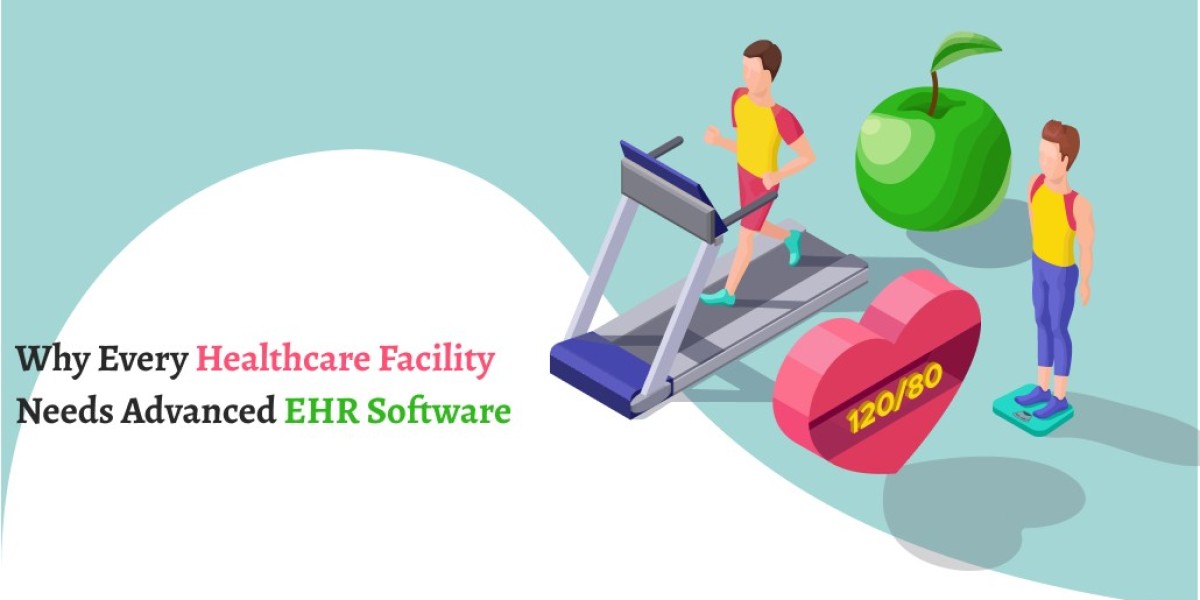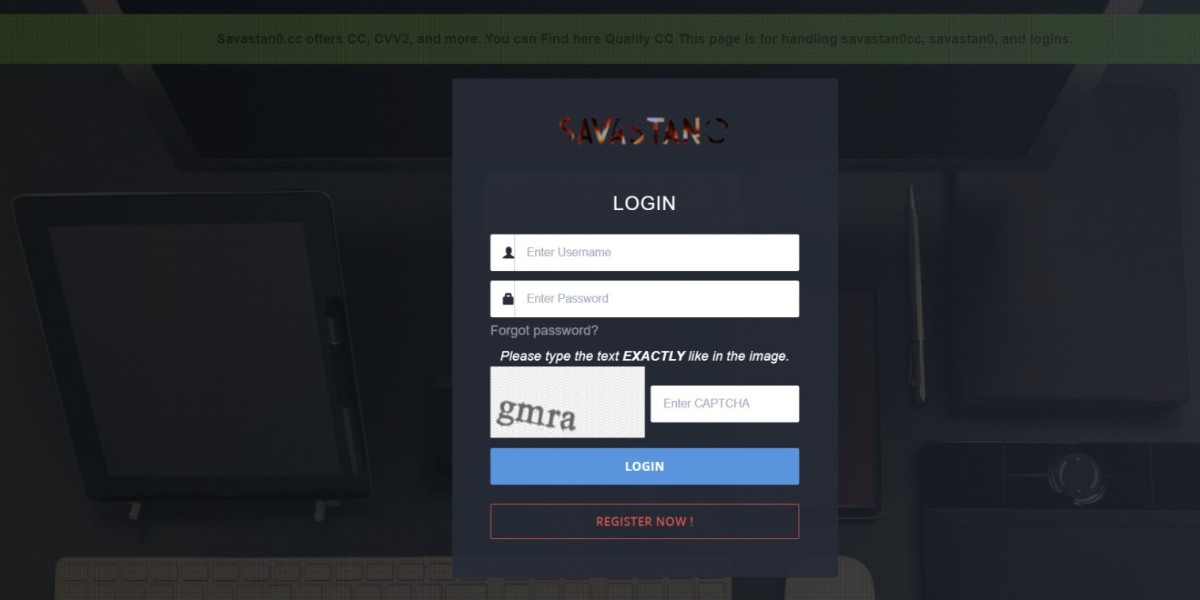Introduction
The need for advanced EHR Software is no longer an option, but a requirement in a fast-paced healthcare environment. Modern EHRs are beyond simple record-keeping. They streamline workflows, enhance safety, and improve the coordination of care. AI-Powered EMR Software integrates predictive analytics, automated documentation, and reflective treatment insights, where applicable, to even advance these benefits further. This technology allows the optimization of healthcare facility operations while minimizing errors and achieving the best patient outcomes. By accessing real-time data, establishing seamless communication and transforming healthcare delivery, EHR enhancement succeeds. Such sophisticated systems also ensure that the facility is kept competitive and client-oriented.
What is EHR Software?
An EHR Software acts as a complete online solution which is capable of providing complete management of patient health information across healthcare organizations. An incorporation through the AI-Powered EMR Software takes things a step further, equipping predictive analytics and automated activities to do just that. Emphasizing data security in sharing, care coordination, and supported clinical decision-making adds a few extra feathers.
Key Features of EHR Software
Patient Data Management: The management of patient demographic data, medical history, medications, and test results.
Interoperability: Concerned with data exchange between various systems and providers in healthcare.
AI-Based EMR Software: Work process automation, predictive analytics, and intelligent information are used for maximum efficiency.
Customization: Particular features are customized to fit specific needs of either hospitals, clinics, or individual practitioners.
Security & Compliance: Data privacy and protection regarding compliance standards concerning other federal regulations are ensured, such as HIPAA.
The Role of EHR Software in Modern Healthcare
1. Enhancing Patient Care
Real-time accessibility of patient records provided by the EHR program lets medical teams and doctors make knowledgeable judgments. AI-Powered EMR Software integration assists in forecasting patient health trends and offering tailored medication advice.
2. Reducing Medical Errors
Paper records are made really tight and humans do really make mistakes that cannot be avoided, and these errors, losses, and misinterpretations cannot be done properly. Best EHR software packages provide the use of automated alert signals to eliminate drug interaction warnings and clinical decision support to inform users if specific protocols have been violated, implemented to secure patient safety.
3. Improving Workflow and Efficiency
Further recording, billing, and appointment scheduling are carried out adequately by the advanced EHR system, exposed in the administration tasks using the machines in hospitals. It then streamlines workflows and thus lessens the load on the medical personnel.
4. Enhancing Data Security and Compliance
Among nations like India, healthcare regulations compliance is extremely important. EHR software India guarantees that patient information is securely maintained and shared according to health data protection legislation, therefore protecting patient privacy.
5. Facilitating Telemedicine and Remote Care
The use of telemedicine has become widespread with the onset of the COVID-19 pandemic, using the electronic health record system software with a greater variety of technologies to allow doctors to consult patients and access their medical records at all distances.
Future of EHR Software in Healthcare
1. AI and Machine Learning Integration
The direction of development in EHR software is closely related with artificial intelligence and machine learning. Analytical patterns can be established from huge patient data by AI-driven systems to offer predictive ideas for improved diagnosis and therapy.
2. Cloud-Based EHR Solutions
Healthcare institutions can use cloud-based EHR software to get patient data from everywhere, therefore supporting flawless multi healthcare provider cooperation. The reduction in IT infrastructure costs is also reduced.
3. Blockchain for Secure Data Management
Ensuring tamper-proof data storage, improving interoperability across many healthcare platforms, and much needed patient records security depend on blockchain technology's expected vitality.
4. Mobile Access and Patient Engagement
EHR software India is concentrating on mobile-friendly options given the proliferation of mobile health applications that enable patients to easily get their medical records, book appointments, and contact physicians.
Benefits of Implementing Advanced EHR Software
1. Enhanced Data Accessibility
Professionals in healthcare can instantly get patient information, therefore enhancing collaboration among several sectors and experts.
2. Improved Patient Outcomes
Doctors can offer tailored treatment plans and precise diagnoses using artificial intelligence-driven analysis and thorough patient records.
3. Cost Reduction and Increased Revenue
EHR software enables healthcare practitioners to reduce expenses using processes for automating administrative chores and reducing paperwork, thereby giving them more time to concentrate on patient care and increase revenue.
4. Better Compliance with Regulations
Compelling development of EHR software helps clinics and hospitals to conform with health rules, therefore helping to reduce legal problems and fines.
5. Seamless Integration with Other Systems
The general efficiency of today's electronic health record program is enhanced through the integration with medical devices, billing systems, and third-party applications.
Choosing the Top EHR Software for Your Facility
Some major points to consider when selecting the EHR software:
User-Friendliness: The interface should be easy to learn by the medical personnel.
Customization Options: It is necessary to ensure the software meets the requirements of your facility.
Integration Capabilities: Check if it integrates with the healthcare IT infrastructures already in place.
Security Measures: Encryption of data, multi-factor authentication, and compliance with healthcare standards.
Support and Training: It is preferable to select a provider who offers training and continued support.
Conclusion
In fact, it is advanced electronic health record software with integrated AI-Powered EMR Software that is crucial for the healthcare facility of today. This great tech goes beyond being just a record-keeper; it aims to improve efficiency, deliver safety to patients, as well as use data to draw insights. It enables the provider who uses it to deliver additional care through the streamlining of workflows, automation of tasks, and predictive analytics. Getting on board with such advanced EHR is about keeping rhythm with technology- it brings with it priorities about patient-centricity, operational efficiency, and the future of healthcare.
By investing in strong EHR solutions, healthcare organizations not only secure their competitiveness and agility; the focus, eventually, becomes on the outcomes for patients.









